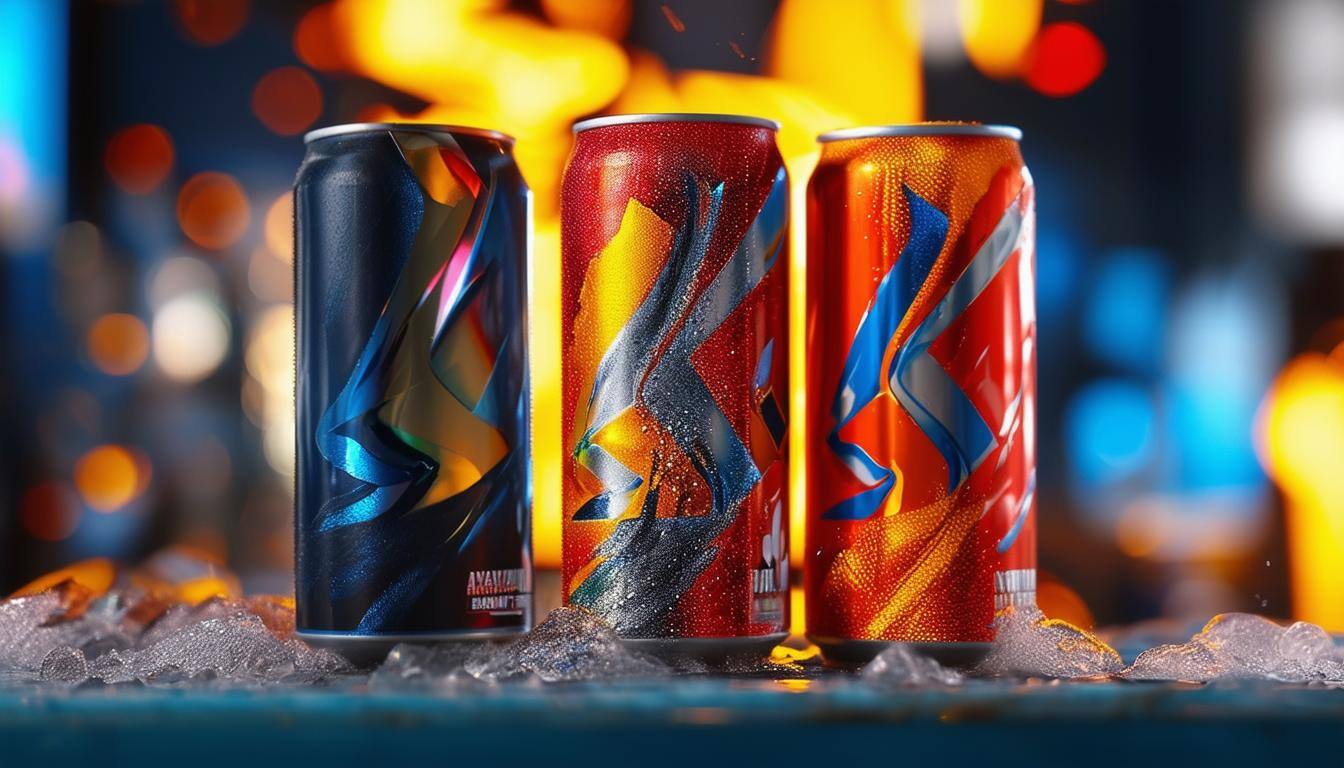The regulation of energy drinks in the United States falls under the jurisdiction of the Food and Drug Administration (FDA). These beverages, characterized by high caffeine content and various other stimulants, have surged in popularity over the past two decades. As a result, the FDA has implemented specific guidelines to ensure consumer safety, particularly concerning labeling, ingredient safety, and health claims.
Classification of Energy Drinks
Energy drinks are often categorized as dietary supplements or conventional foods. This classification significantly impacts the regulatory framework governing their production and marketing.
- Dietary Supplements: If an energy drink is marketed as a dietary supplement, it must comply with the Dietary Supplement Health and Education Act (DSHEA). This includes adhering to Good Manufacturing Practices (GMPs), ensuring that product labeling is accurate, and that no false claims are made about the health benefits.
- Conventional Foods: Energy drinks classified as conventional foods must meet the requirements set forth in the Federal Food, Drug, and Cosmetic Act (FFDCA). This includes ingredient safety, labeling, and packaging regulations.
Caffeine Content Regulations
Caffeine is the primary active ingredient in most energy drinks, raising concerns over its potential health risks when consumed in excessive amounts. The FDA does not impose a strict limit on caffeine levels in energy drinks as it does for food and beverages, which typically have regulated caffeine levels. However, the FDA advises that the safe amount of caffeine for most adults is up to 400 milligrams per day.
Manufacturers are required to disclose caffeine content on product labels, but it is not uncommon for consumers to underestimate the caffeine levels in energy drinks. As a result, the FDA has emphasized the need for clear and accurate labeling to inform consumers adequately.
Ingredient Safety and Claims
The FDA mandates that all ingredients in energy drinks must be Generally Recognized As Safe (GRAS) or have undergone safety evaluations. However, several common ingredients found in energy drinks, such as taurine, guarana, and ginseng, do not have extensive safety data, leading to regulatory scrutiny.
Moreover, energy drinks often make various health claims, such as enhancing physical performance or cognitive function. These claims can attract consumer interest but are subject to strict scrutiny by the FDA. Manufacturers must ensure that any health claims are substantiated by scientific evidence, adhering to the truth-in-labeling requirements to avoid misleading consumers.
Labeling Requirements
Energy drink labels must provide comprehensive information, including:
- Ingredient List: A complete list of all ingredients, including caffeine content.
- Nutritional Information: Serving size, calories, and amounts of key nutrients.
- Health Warnings: Statements warning against excessive consumption, especially for individuals sensitive to caffeine, pregnant women, and those with certain medical conditions.
Targeting Vulnerable Populations
One area of increasing concern is the marketing of energy drinks to children and adolescents. The FDA has acknowledged that excessive caffeine consumption can pose health risks to younger populations. As such, there is a growing call for stricter regulations regarding marketing practices and product formulations aimed at these groups.
Recent studies have indicated that many young consumers are unaware of the potential health risks associated with energy drink consumption, leading to calls for educational initiatives to inform them adequately about safe consumption levels.
Recent Developments and Future Directions
As energy drinks continue to evolve, the FDA is also adapting its regulatory framework. Recent discussions have focused on:
- Enhanced Research: Ongoing studies to better understand the long-term health effects of energy drink consumption.
- Public Health Campaigns: Initiatives aimed at educating consumers about the risks associated with energy drink consumption, particularly amongst vulnerable groups.
- International Regulations: Monitoring global trends in energy drink regulation to inform domestic policies and ensure consumer safety.
Conclusion
The regulation of energy drinks by the FDA represents a critical intersection of public health, consumer safety, and product marketing. As the popularity of these beverages continues to rise, so too does the need for robust regulatory oversight. Stakeholders in the energy drink industry must remain vigilant, adapting to evolving regulations and consumer expectations while prioritizing safety and transparency.
By understanding the complexities of FDA regulations, manufacturers can better navigate the regulatory landscape, ensuring compliance and fostering consumer trust in their products.





.webp?width=1644&height=1254&name=Food%20Safety%20Dashboard%201%20(1).webp)
